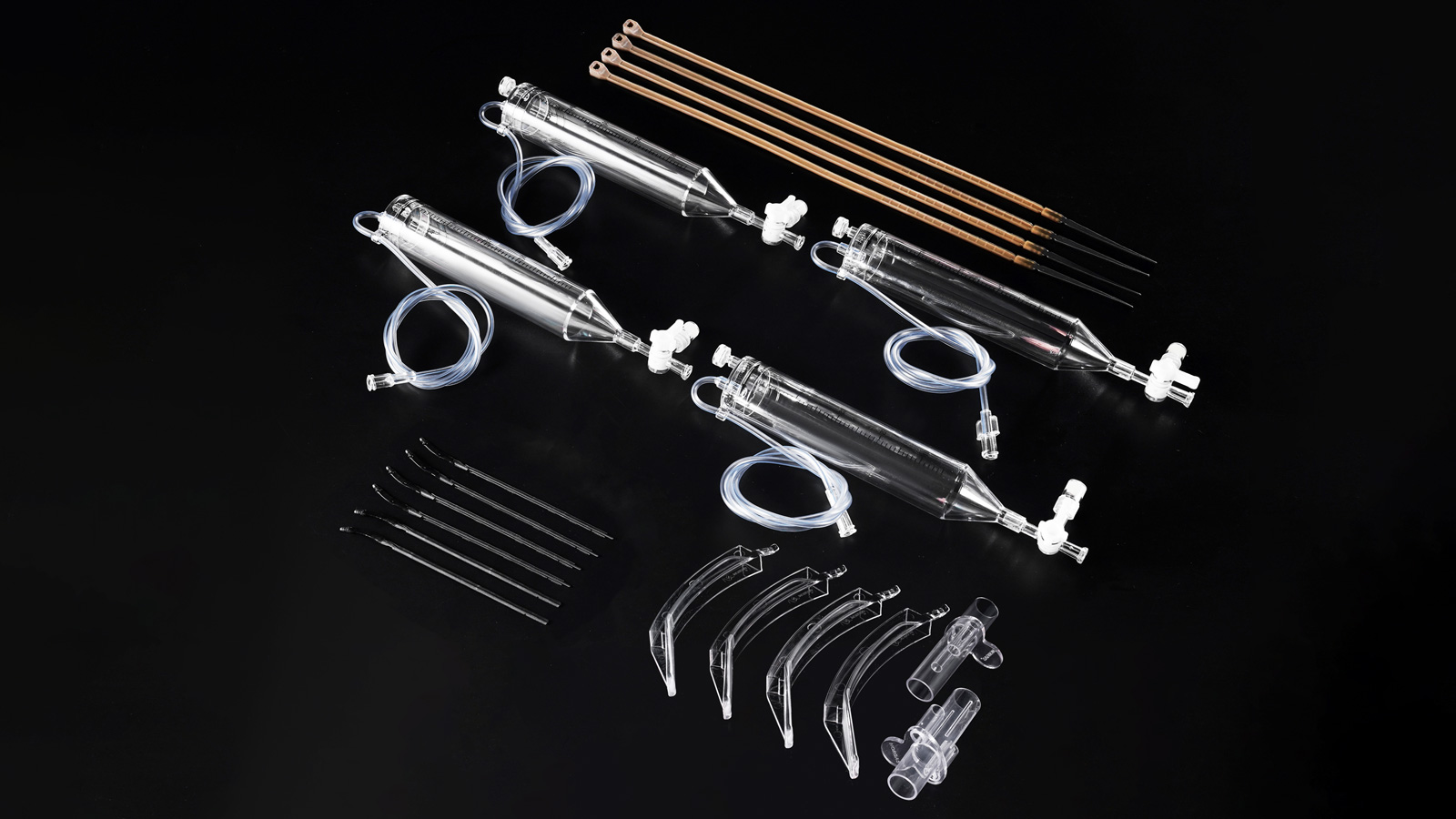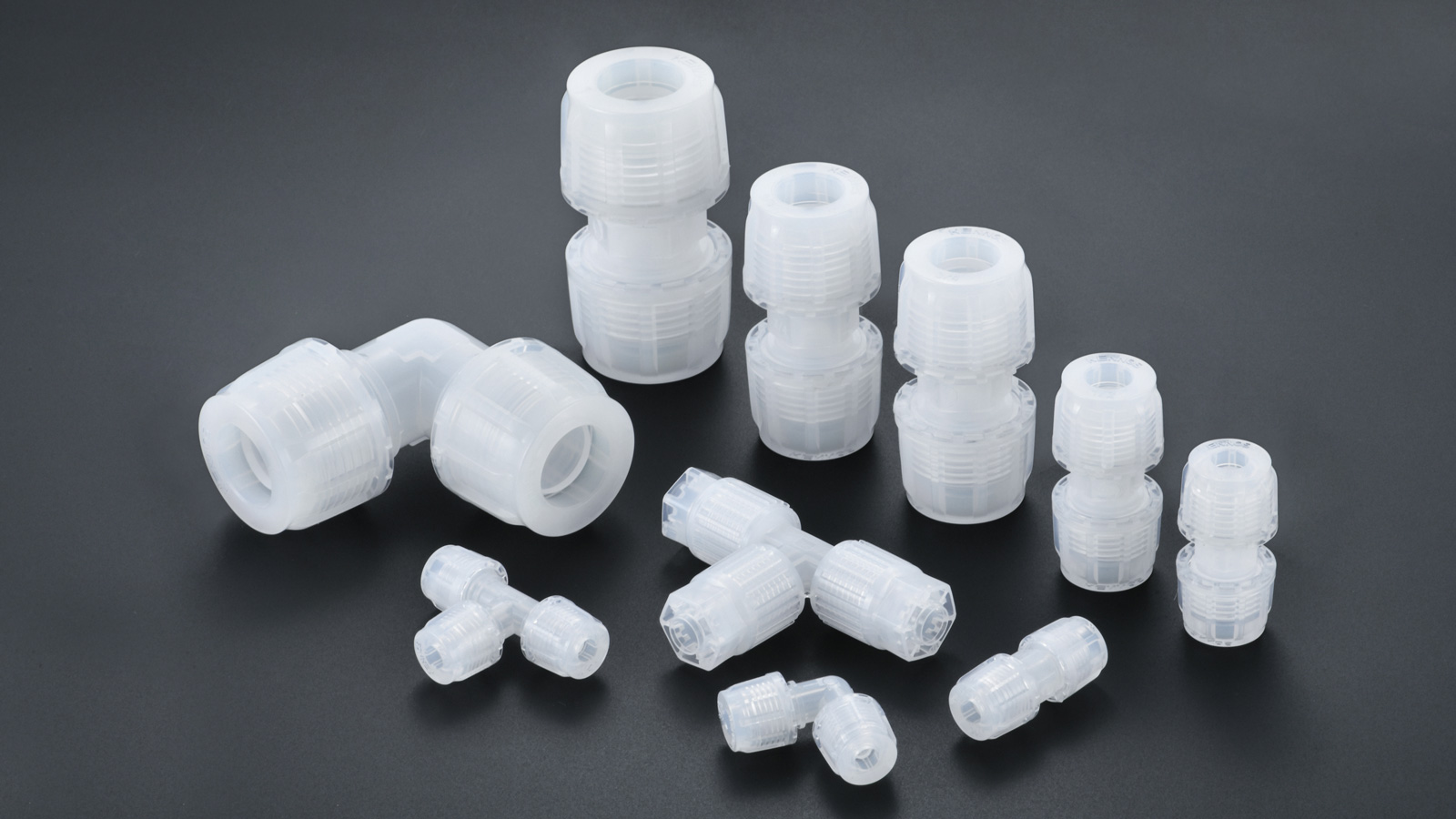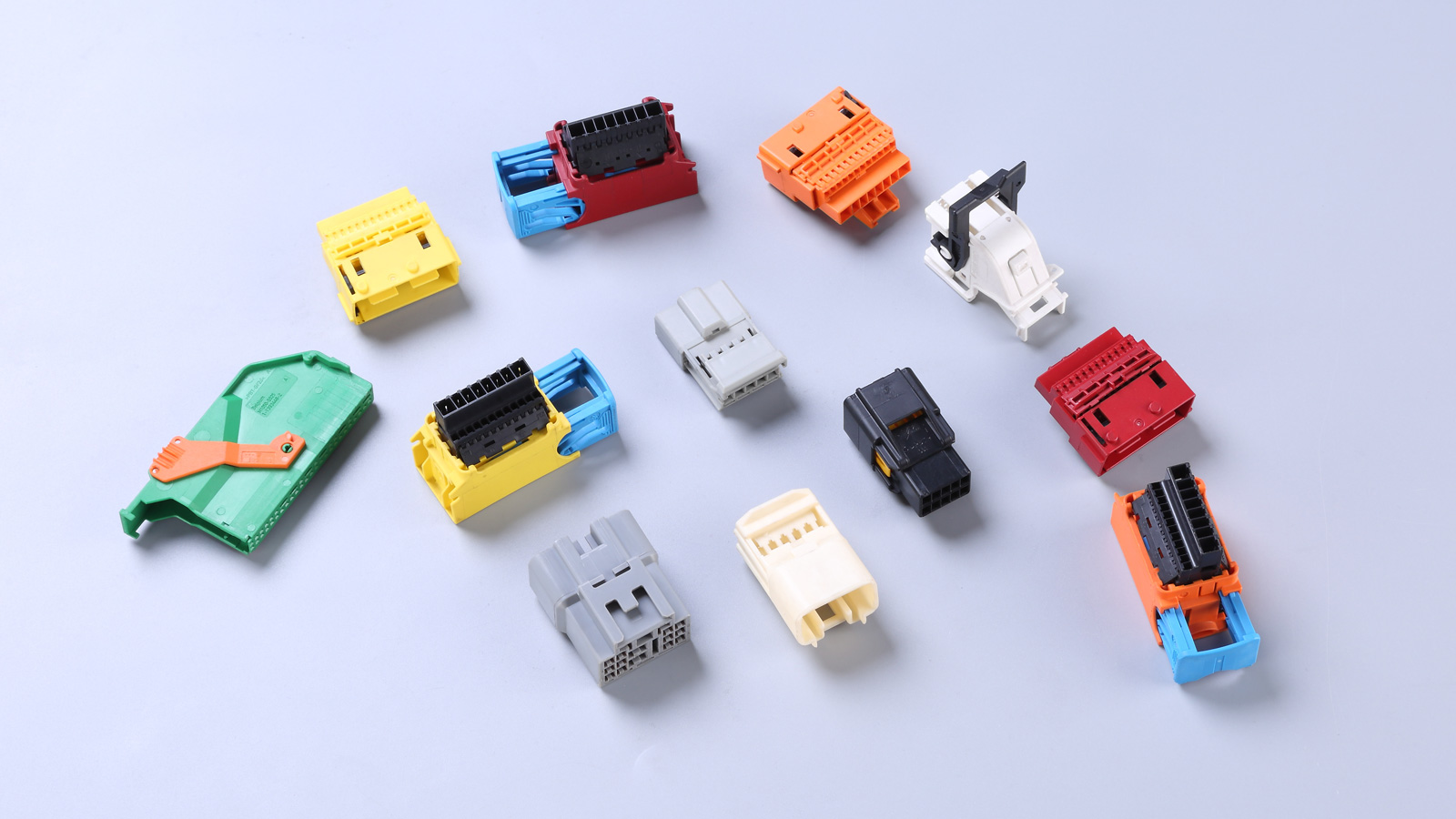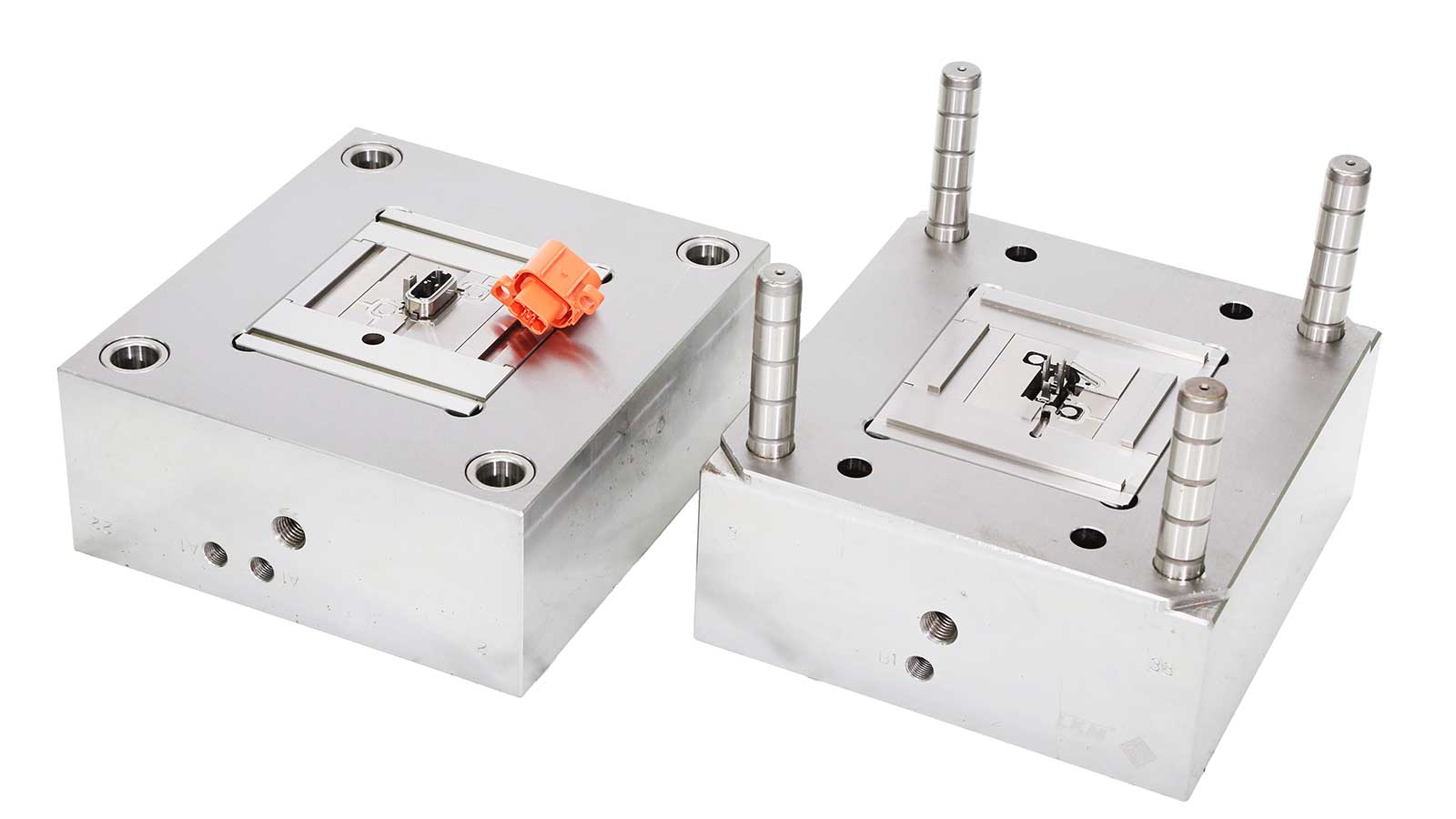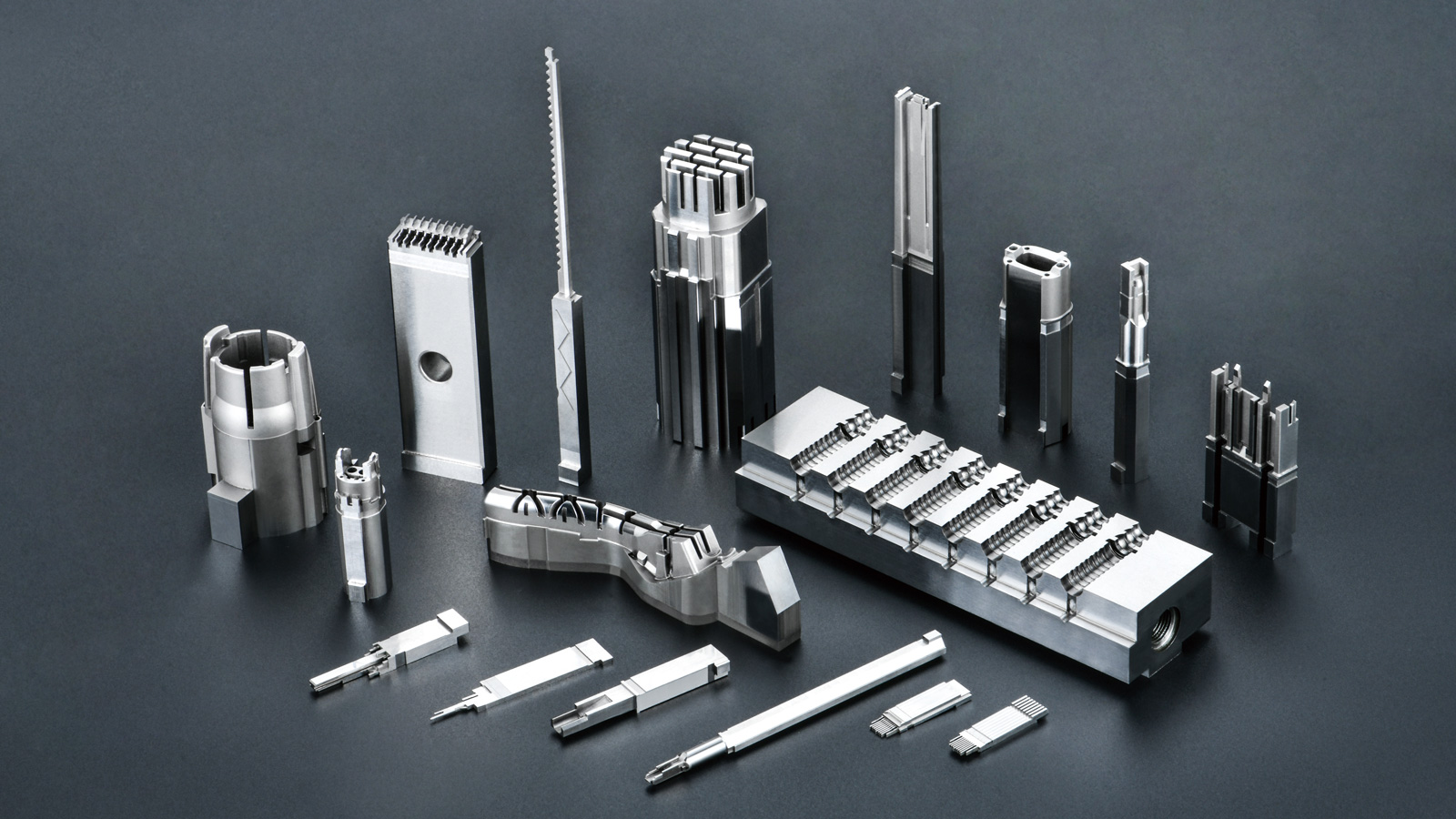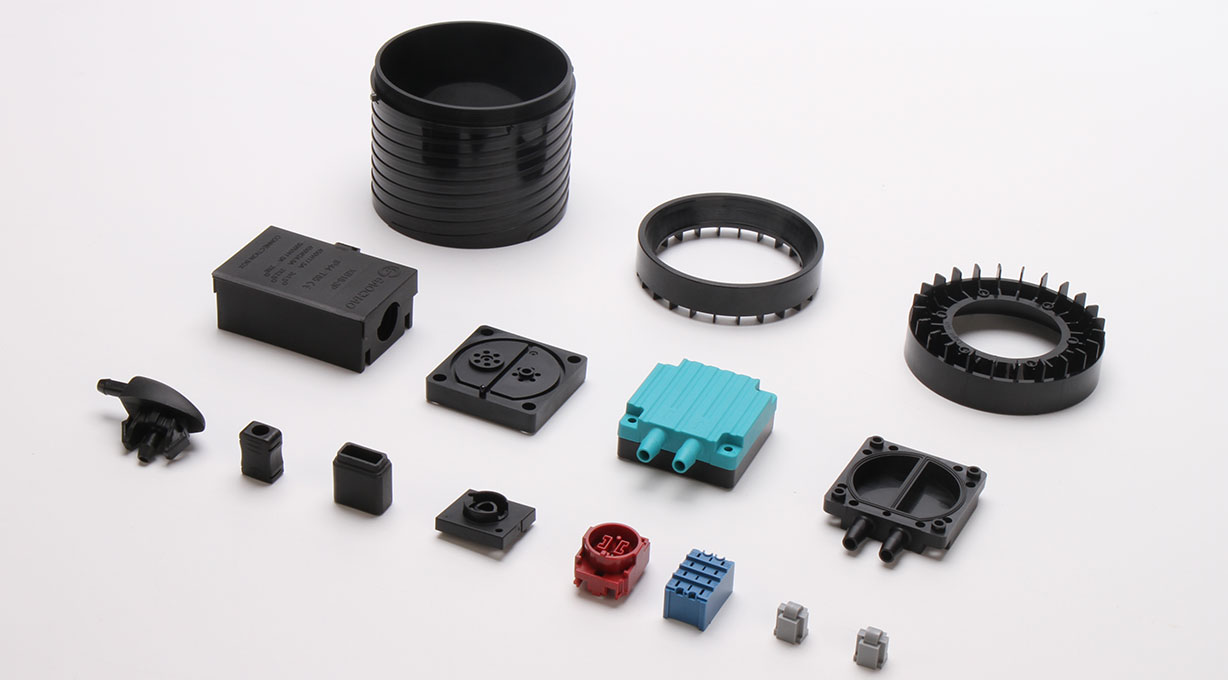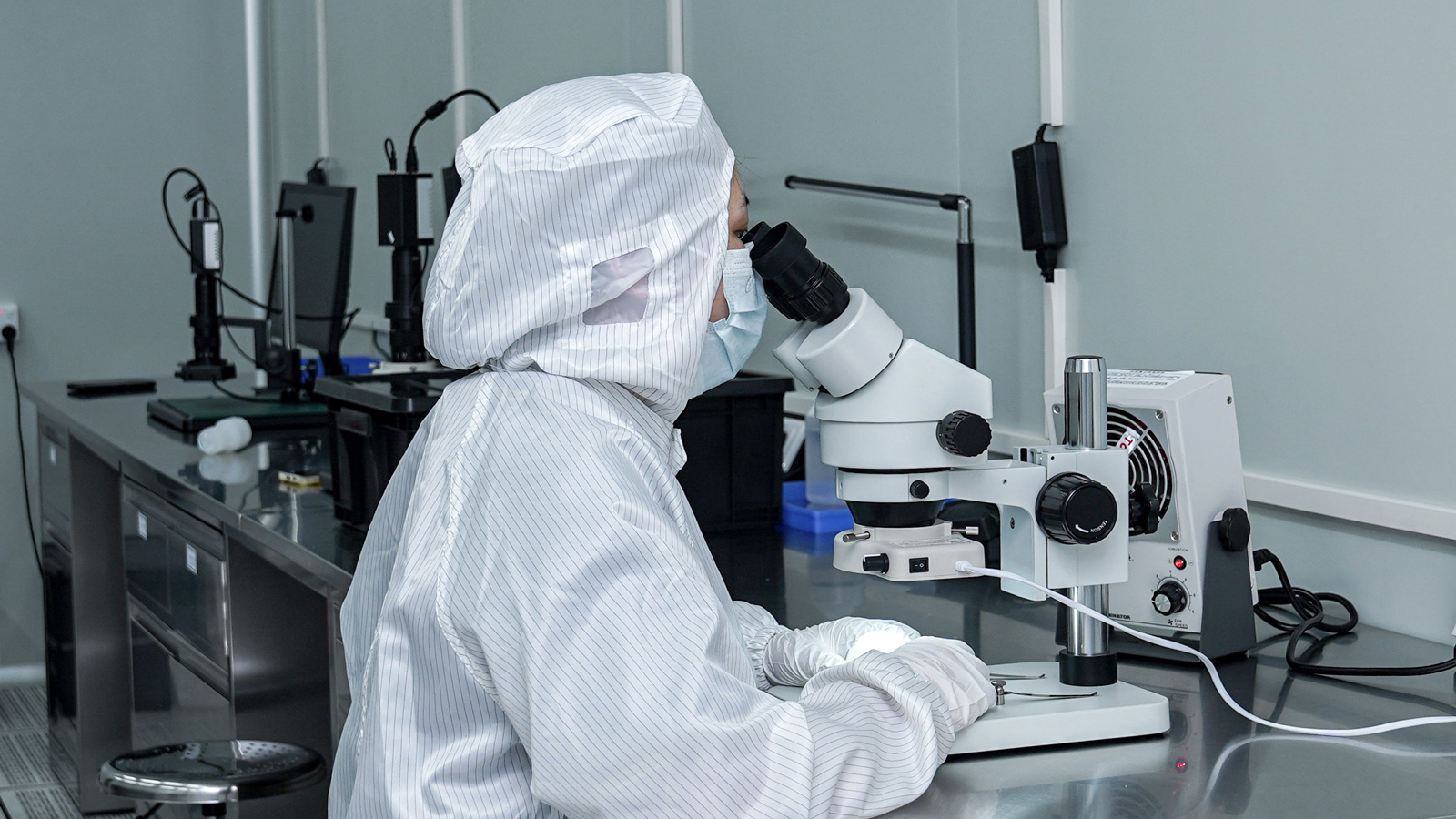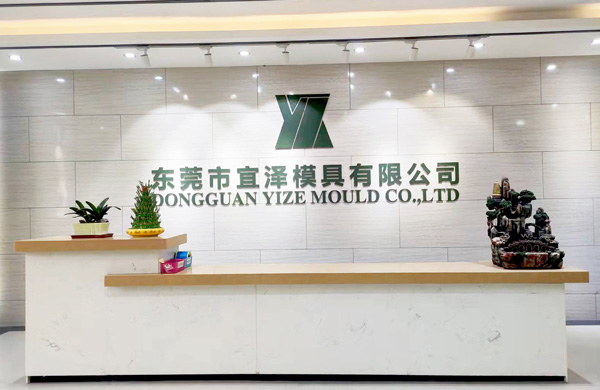In the field of injection mold design, success hinges not only on technical precision but also on its direct impact on subsequent production efficiency and product yield. Neglecting critical design details can significantly increase costs in mold manufacturing and debugging. This article provides actionable optimization suggestions from two dimensions—core design elements and industry adaptability—to help designers avoid risks from the outset.
I. Core Design Elements: The Three Pillars Determining Mold Success
Mold design must prioritize the following key factors, as deviations in any area can compromise mold performance or even render it unusable.
- Mold Dimensions and Tolerance Control
- Key Points: Mold dimensions must precisely match product requirements, with tolerances determined by product functionality, assembly precision, and material shrinkage.
- Recommendations:
- Refer to industry standards (e.g., DIN, ISO) or client technical agreements to define tolerance grades (e.g., IT7-IT9).
- Use 3D simulation software (e.g., Moldflow) to predict shrinkage and dynamically adjust mold dimensions.
- Uniform Product Wall Thickness
- Key Points: Non-uniform wall thickness leads to uneven cooling rates, causing defects like sink marks and warpage.
- Recommendations:
- Adhere to the “uniform wall thickness principle,” limiting thickness variations to within 15%.
- Add ribs or cooling channels to thick-walled areas to optimize thermal balance.
- Design Version Management and Traceability
- Key Points: Mold designs undergo multiple iterations; poor version control escalates communication costs.
- Recommendations:
- Implement a PDM (Product Data Management) system to version and document all modifications.
- Update technical documents during design reviews to align manufacturing and inspection teams.

II. Industry Adaptability: Precision Matching of Surface Finishes and Requirements
Different industries impose distinct surface quality demands on injection-molded products. Designers must clarify application scenarios early to avoid rework.
- Medical Industry: High Cleanliness and Biocompatibility
- Requirements: Medical devices must meet stringent standards for sharp-edge-free design, absence of leachables, and sterilization resistance.
- Design Recommendations:
- Polish mold parting lines to a mirror finish (Ra ≤ 0.2μm) to eliminate burrs.
- Use corrosion-resistant mold steel (e.g., S136H) to prevent surface degradation.
- Consumer Electronics: Aesthetic Precision and Functional Integration
- Requirements: Products must balance high gloss and structural strength (e.g., smartphone cases).
- Design Recommendations:
- Apply nitriding treatment (hardness HV ≥ 900) to mold surfaces for enhanced wear resistance.
- Incorporate slides and lifters to enable demolding of complex undercut structures.
- Automotive Industry: Weather Resistance and Lightweighting
- Requirements: Components must withstand high temperatures, vibrations, and long-term aging (e.g., headlight housings).
- Design Recommendations:
- Design cooling channels with “conformal cooling” to reduce cycle times.
- Select high-flow materials (e.g., PA66+GF30%) to optimize filling of thin-walled parts.
III. Conclusion: Enhancing Design Quality Through Systematic Thinking
Injection mold design integrates technology, experience, and industry insights. Designers should strengthen their capabilities in the following areas:
- Data-Driven Approaches: Quantify key parameters using CAE simulations and DOE experimental designs.
- Standardized Processes: Establish design checklists (e.g., DFM reports) covering critical items like dimensions, tolerances, and draft angles.
- Cross-Departmental Collaboration: Engage mold manufacturing and injection molding teams early to mitigate manufacturability risks.
Dongguan Yize Mould Co., Ltd. specializes in precision mold design with 16 years of expertise, offering end-to-end services from design reviews to mass production support. For design challenges, contact us at +86 13302615729 (WeChat/WhatsApp same number).
